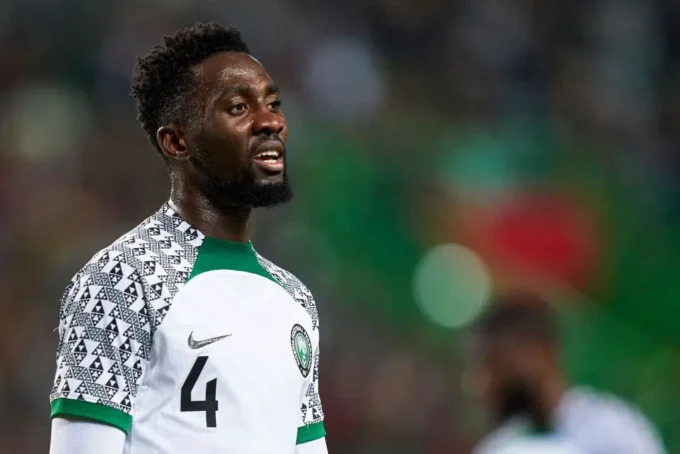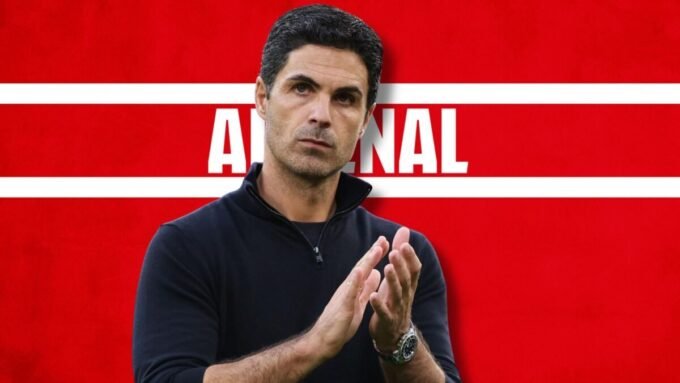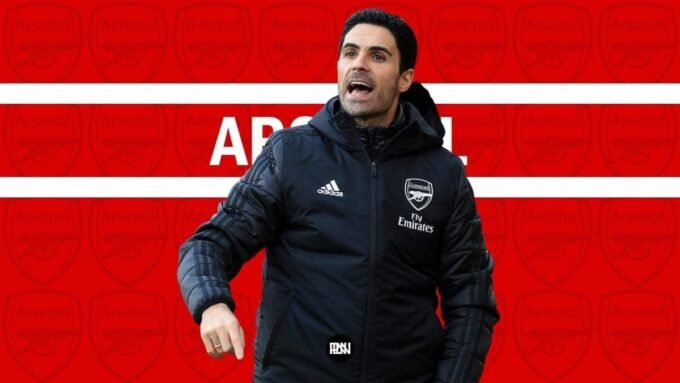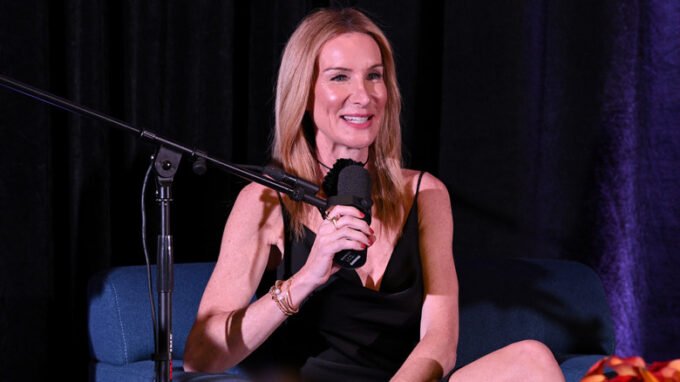There was a steady, slightly urgent tone to what Malam Nasir El-Rufai said in Gusau. He wasn’t just making small talk or giving a speech for the cameras. He urged people in Zamfara State to join the African Democratic Congress (ADC) — and he made it clear he sees that move as part of a wider attempt to confront the state’s persistent security problems and fragile economy. It sounded practical. Or at least: intended to be practical. Whether it will be enough — well, that’s another question.
Why this matters now El-Rufai’s message didn’t come out of nowhere. Zamfara has been struggling with insecurity for years — banditry, kidnappings, clashes — and those challenges ripple through everyday life: markets that don’t thrive, farms left untended, schooling interrupted. So a senior political figure standing in the state and calling for organized political action is notable. He spoke about plans to improve security, boost the local economy, and shore up food supplies. That’s a clear set of priorities, even if the details were light on specifics.
I’ll admit, the words “plans to improve security” invite a bit of skepticism. It’s not that the aim is wrong; it’s just that plans are only as good as the follow-through. Still, making security a central talking point at a grassroots gathering is, for now, the right kind of focus.
Grassroots reach and who showed up At the event, a mix of people was present: youths, women, local politicians, Islamic scholars, and community leaders. The ADC’s State Chairman, Alhaji Kabiru Garba, pointed out that participants came from all 14 local government areas of Zamfara. That suggests the party is trying — consciously — to show breadth across the state, not just pockets of support in a few towns.
The Deputy National Organising Secretary of ADC, Abubakar Atiku, framed El-Rufai’s visit as something that should strengthen unity and cooperation within the party. Those are decent goals: stability inside the party can translate into clearer messaging outside it. One thing to watch, though, is whether that unity actually holds when disagreements arise. Political gatherings often gloss over tensions, and people nod along — which is human, of course — but later, friction can appear where you least expect it.
Mobilizing women and youth One line that stuck with me was the push to work more with youths and women’s groups. Often these groups are the ones directly affected by insecurity and economic hardship, and they are also the ones with energy to drive change at local levels. Encouraging collaboration with them, and pushing awareness at the grassroots, sounds right. But the big question: will this be sustained? Political enthusiasm at rallies can fade if follow-up is weak.
El-Rufai also urged members to avoid sabotage and maintain unity. That’s a telling admonition — it recognizes the messy reality of politics: infighting, backchannel plotting, half-promises. Asking for unity is necessary, yes, but it also raises a practical point: unity must be built on trust and clear incentives. Otherwise it’s a fragile thing.
Preparing for 2027 A practical nudge came in the form of a reminder to prepare Permanent Voter Cards (PVCs) ahead of the 2027 general elections. It’s a small but concrete step — you can’t vote without the right documentation. Encouraging voter readiness is important. At the same time, registering and showing up are just the first steps; people will want to know what change will look like after the vote.
What’s optimistic… and what isn’t There’s an optimistic thread here: a political party working to expand, trying to attract new members, emphasizing security and the economy, and bringing in voices from different localities. If ADC can build genuine grassroots programs that address food security, local policing, and economic opportunities, then there’s a real chance to help people feel safer and better off.
But caution is warranted. Promises of “plans” and “improvements” are common in political speeches. The historical pattern in places facing long-term insecurity is that fixes require sustained investment, coordination with security agencies, economic incentives for communities, and time. Short-term rallies don’t change structural problems. So while El-Rufai’s visit may have injected energy into the ADC’s local profile, turning that energy into lasting change will be tougher.
A few practical indicators to watch
- Will ADC follow this push with local initiatives — community safety committees, economic projects, or agriculture support programs? Talk is one thing; projects are another.
- How will the party maintain internal unity as the 2027 election approaches? Will local leaders be empowered, or sidelined?
- Will youths and women be given real leadership roles, or remain symbolic participants? Actions here will say a lot.
- Finally, will voter mobilization efforts be coordinated and persistent enough to translate interest into actual turnout?
A measured takeaway El-Rufai’s appeal for Zamfara residents to join the ADC is an interesting development — not earth-shattering, but worth noting. It adds a new voice to the local political mix, centered on security and economic recovery. I think most people will welcome attention to these problems; it’s the kind of attention they need. At the same time, healthy skepticism is reasonable: statements at rallies are easy, delivery is harder.
So, the scene in Gusau matters because it signals intent and reach. Whether it becomes a turning point depends on follow-through, on the ADC’s capacity to translate words into stable, local action that really responds to people’s day-to-day worries. That’s where the real work starts.








































Leave a comment